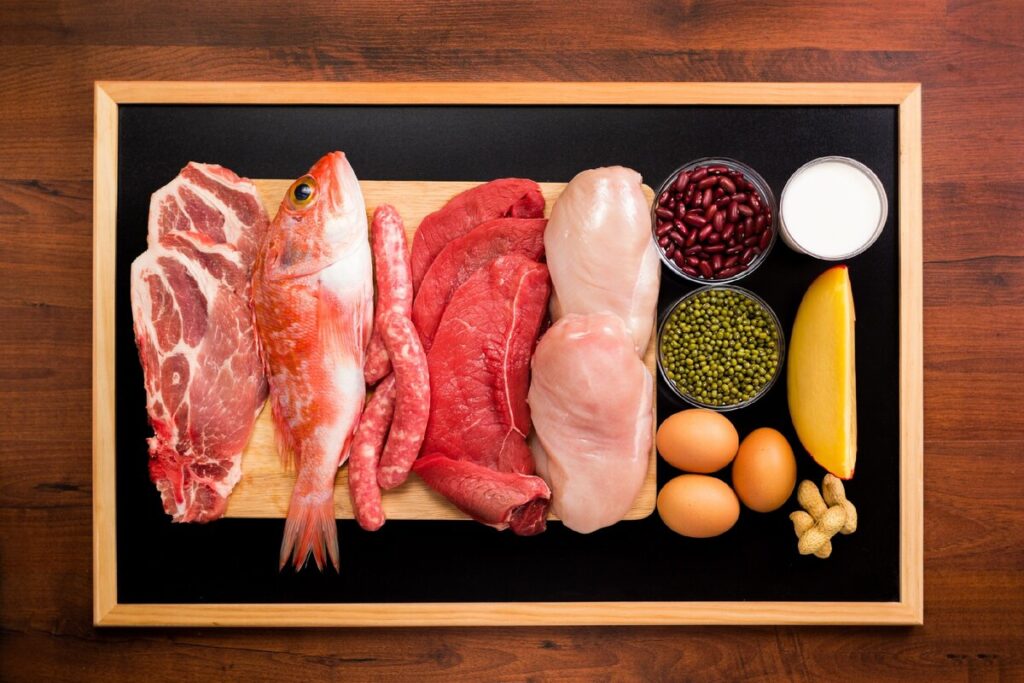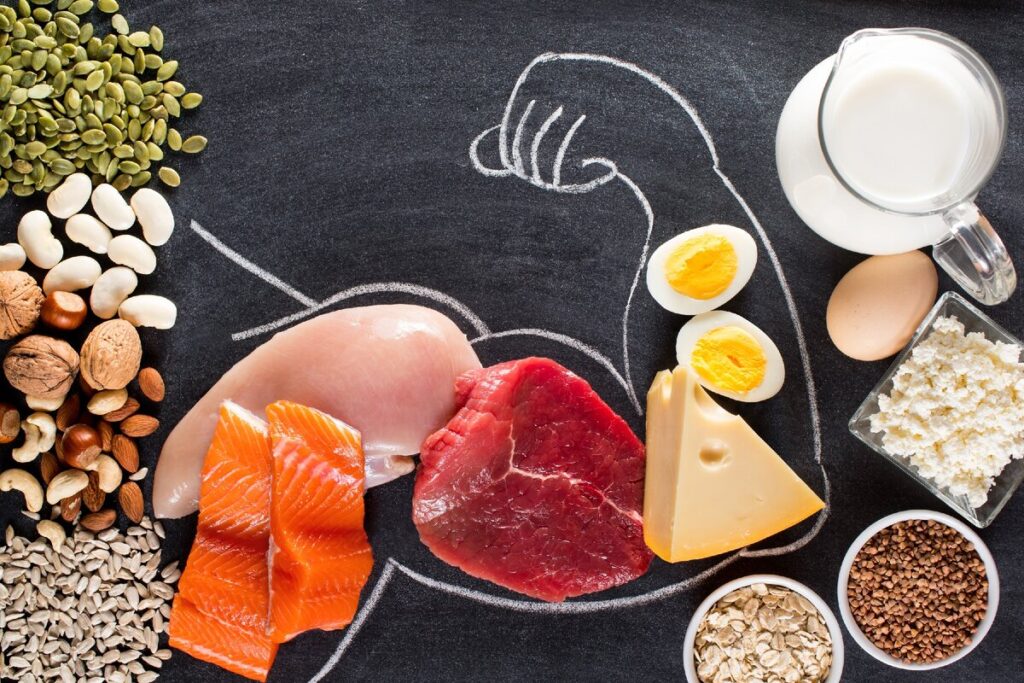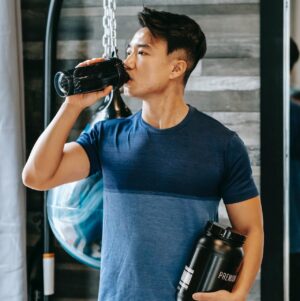Bodybuilding is an art that requires more than just weightlifting. It demands a well-structured and comprehensive approach that combines rigorous training with a well-balanced diet. This article aims to provide an in-depth guide on diet plans for muscle building that can help you achieve your bodybuilding goals.
Understanding the Basics.
Before diving into the details of the diet plans, it’s crucial to comprehend the rudiments of bodybuilding. Unlike powerlifting or Olympic lifting, bodybuilding is not about physical strength but physical appearance. Bodybuilders aim to attain a lean and muscular physique. This involves two critical phases – the bulking phase and the cutting phase.
The Bulking Phase.
During the bulking phase, which may last from months to years, bodybuilders consume a high-calorie, protein-rich diet, and engage in intense weightlifting with the objective of building as much muscle as possible.
The Cutting Phase.
Following the bulking phase is the cutting phase, which emphasizes losing as much fat as possible while maintaining the muscle mass developed during the bulking phase. This phase involves specific alterations in diet and exercise over a period of 12-26 weeks.

Calorie Needs and Macronutrient Ratio.
One of the first steps in structuring your diet plan is to ascertain how many calories your body needs. You can do this by regularly weighing yourself and logging your food intake using a calorie tracking app. The app can help you determine your “maintenance” level of calories – the amount you need to maintain your weight.
Once you know your maintenance level, you can adjust your calorie intake according to your phase. For instance, during the bulking phase, you should increase your calorie intake by around 15%, while in the cutting phase, you should decrease it by about 15%.
Along with your calorie needs, you should also determine the ratio of macronutrients – protein, carbohydrates, and fat. Typically, a bodybuilder’s diet includes:
- 30-35% calories from protein
- 55-60% calories from carbs
- 15-20% calories from fat
Foods for Fitness.
Your diet should consist of a wide variety of nutrient-rich foods. Here’s a list of foods that should be a staple in your diet plan for muscle building:
- Proteins: Meats, poultry, fish, dairy, and legumes
- Carbohydrates: Grains, fruits, and starchy vegetables
- Fats: Seeds, nuts, and oils

Foods to Avoid.
While a diverse diet is crucial, there are certain foods you should limit or avoid when following diet plans for muscle building:
- Alcohol: Can negatively impact your muscle-building and fat-loss abilities.
- Added sugars: Provide empty calories and few nutrients.
- Deep-fried foods: Can cause inflammation and disease when consumed in excess.
Dietary Supplements.
Many bodybuilders supplement their diet with certain nutrients to support their fitness goals. Some common supplements include:
- Whey protein: A convenient way to boost your protein intake.
- Creatine: Can provide your muscles with additional energy.
- Caffeine: Can help decrease fatigue and increase workout performance.
However, always consult a healthcare professional before adding any supplement to your routine.
Sample Meal Plan.
One of the challenges of following diet plans for muscle building is ensuring you’re getting a variety of nutrients while sticking to your calorie and macronutrient goals. Here’s a sample meal plan to help you get started:
Day | Breakfast | Snack | Lunch | Snack | Dinner |
Monday | Scrambled eggs with mushrooms, oatmeal, pear | Low-fat cottage cheese with blueberries | Venison burger, white rice, broccoli | Protein shake, banana | Salmon, quinoa, asparagus |
This is a basic template that you can adjust according to your needs and preferences.

Benefits and Risks of Bodybuilding.
Bodybuilding can provide numerous health benefits including increased muscle strength, improved heart health, and a lower risk of chronic diseases. However, it’s important to be aware of potential risks such as low levels of body fat affecting sleep and mood, and the adverse effects of anabolic steroids.
Conclusion
Bodybuilding is a complex process that requires careful planning and execution. A well-structured diet plan plays a crucial role in this process. By understanding your body’s needs and following a balanced diet, you can achieve your bodybuilding goals in a healthy and sustainable way.
Note: This article is intended for informational purposes only. Always consult a healthcare professional before starting any new diet or exercise program.
This article is for informational purposes only and does not provide medical advice, diagnosis, or treatment.


